She was not only a journalist, a writer and an organizer of cultural events, she was also the first independent female film producer in Iran.
Fereshteh Taerpour was born in Tehran in 1953. “I grew up in an open minded family, but a family that was also faithful to moral and religious principles, [so] we were not allowed to watch Iranian films made at the time,” she said in an interview with the Iranian Students’ News Agency (ISNA). “Although I successfully passed the entrance exam to the School of Radio and Television, I was not allowed to study there.”
After receiving her BA in English literature, Taerpour “started teaching as a middle school teacher and worked as a computer programmer for two years,” she said. “But I stopped working when my [first] child was born.”
From 1982 to 1991 Taerpour was the director of the Writing and Editorial Center at the Institute for the Intellectual Development of Children and Young Adults (Kanoon) in Iran. She also translated and wrote several children's books such as Adventure of Ahmad and Sara, which has been translated into Japanese and many other languages.
In 1988, Taerpour produced her first film, Golnar, one of the most successful children’s movies in Iran. Her daughter, Ghazal Shakeri, acted in this film.
“In all family and social crises, I believe that, before anything else, children should be taught that it is possible for us to solve the problems, and we should tell the children that they have the ability to overcome problems,” she said in her interview with ISNA. “In fact, if we show the bitter reality in a movie, in the end we have to reach a positive outcome. This means that presenting bitter realities without providing a suitable solution is not the right thing to do.”
“In fact, I believe in happy endings in children's cinema, and the best form of happy ending is to show all the potential abilities of children,” Taerpour continued. “That is, if we show a disabled child in a movie, we must mention elsewhere that this child has the ability to do other things. This kind of realism is very important, especially for children and young adults, and I have included these points in the film as far as I could…I believe that there are enough problems and serious issues in the lives of Iranian children and there is no need for us to fuel these issues. It is better for us to add one or two gold, blue and white colors to all the gray and black colors, and infuse some hope in the children’s world.”
Taerpour was the first Iranian member of the International Center of Films for Children and Young People (CIFEJ) and was a member of the center’s Board of Directors between 2000 and 2002. She was also the first female filmmaker who served as the chairman of the Board of Directors of the House of Cinema, Iran’s Alliance of Motion Picture Guilds.
Taerpour also worked as a co-producer or line-producer in more than 20 co-productions with countries such as the United States, Canada, Germany, Italy, Japan, France, Korea, England, Tunisia and Turkey. She also served as a jury member at various national and international film festivals.
She founded the Center of Literature for Children and Young Adults, which has produced tens of movies and published numerous works for its intended audience.
In collaboration with universities, museums and cultural and humanitarian organizations in various countries, Taerpour tirelessly organized cultural events, film exhibitions, concerts and lectures aimed at presenting Iranian art, cinema and culture and the significant role played by Iranian women in these fields.
In 1998, Taerpour organized a trip by Iranian female filmmakers to the United States and, in 2001, in cooperation with the United Nations, she organized the Dialogue Among Cultures film exhibitions in the US, from New York to California. She was the organizer of the Anneen concert by women's music bands in Paris and Milan, in cooperation with UNESCO.
In 2010, Taerpour produced and co-wrote the controversial movie Facing Mirrors, directed by Negar Azarbayjani. Her daughter acted in the movie and was a co-producer as well. The film revolves around the problems that transgender people face in Iran, a first in Iranian cinema. It won many honorable mentions and awards at international film festivals, including San Francisco's Frameline Film Festival and the LGBT film festival in Paris.
In total, she produced more than 25 feature films, 50 documentaries and over 20,000 minutes of TV programs.
She died in August 2021 from Covid-19, at the age of 68, and was buried at the artists’ section of Tehran’s Behesht Zahra Cemetery.
visit the accountability section
In this section of Iran Wire, you can contact the officials and launch your campaign for various problems




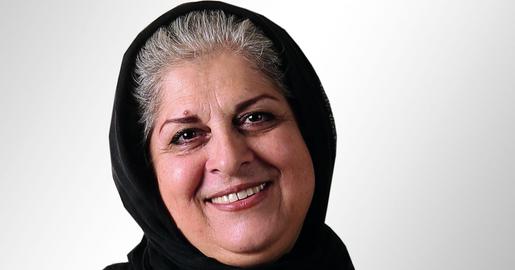






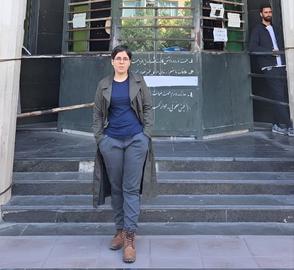
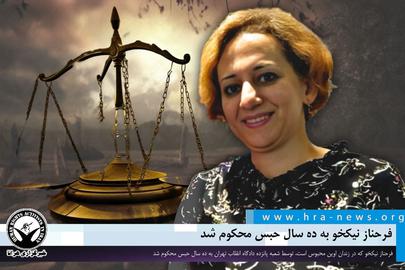







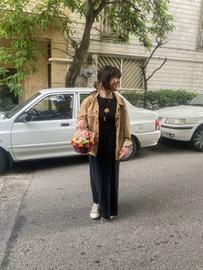
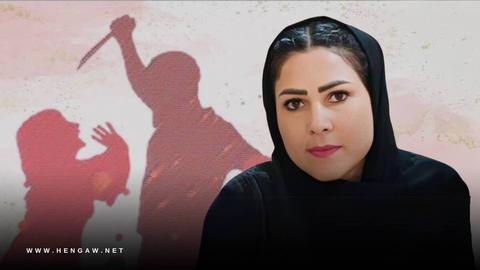



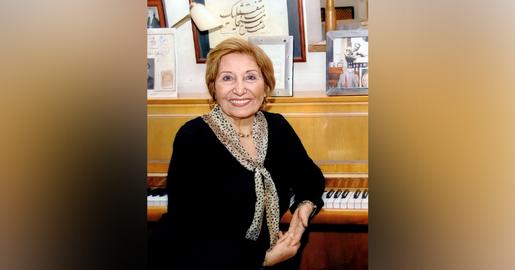
comments